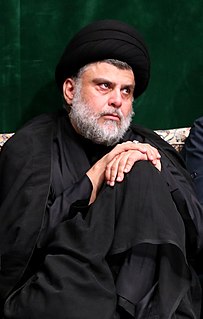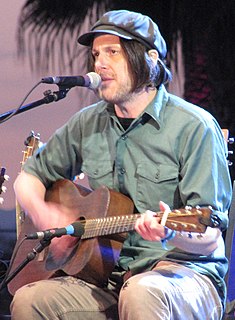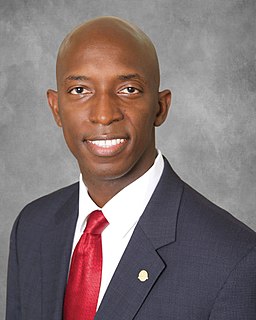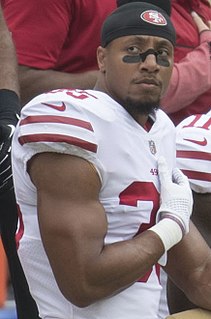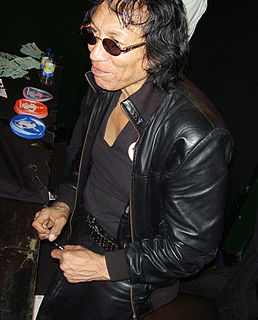A Quote by Muqtada al Sadr
So, if I were arrested or if I were killed, then after me the issues that American fears about me wouldn't exist anymore - and I couldn't tell you what those issues are
Related Quotes
These were always obsessions of mine, even as a very young child. These were things that interested me as the years went on. My friends were more preoccupied with social issues - issues such as abortion, racial discrimination, and Communism - and those issues just never caught my interest. Of course they mattered to me as a citizen to some degree...but they never really caught my attention artistically.
I think the songs I was writing after Aeroplane were full of a lot of undealt-with pain that was just a little too big... the issues seemed too large for me to confront intuitively through songwriting. I kept pushing it and pushing it. There are so many issues about being human and why people inflict pain on each other. There were seeds of all these things I hadn't dealt with. With just the personal issues, I felt I was in over my head, but then to write about it... To write you have to have at least a little bit of confidence you know what you're talking about.
We have to deal with issues like inequality, we have deal with issues of economic dislocation, we have to deal with peoples fears that their children won't do as well as they have. The more aggressively and effectively we deal with those issues, the less those fears may channel themselves into counter-productive approaches that pit people against each other.
Right after undergrad, I started doing low-level work on health issues in sub-Saharan Africa, and what struck me was the disconnect between how people in New York would speak about some of the issues people were facing. At the time, 2006-ish, there were a number of big media campaigns to raise awareness about HIV in sub-Saharan Africa.
Back from 2001 to 2003, I wrote multiple editorials for The Washington Post about biological warfare and pandemic preparedness - issues that were at the top of everyone's agenda in the wake of 9/11 and the brief anthrax scare. At the time, some very big investments were made into precisely those issues, especially into scientific research.
